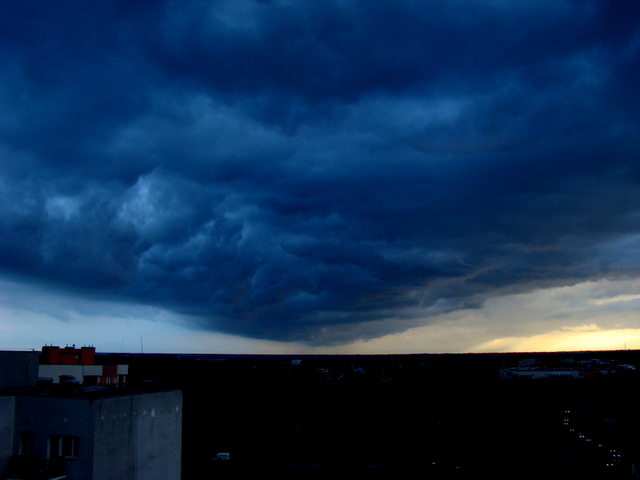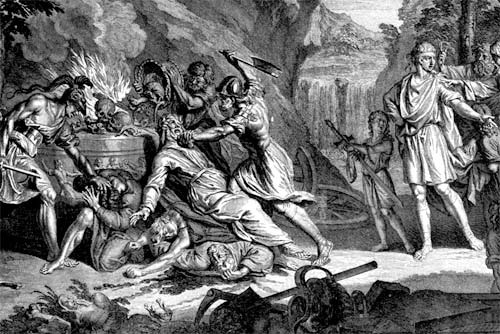
by Bret Capranica | Aug 13, 2009 | Expositions, Preaching
Here are a few salient quotes from my commentary reading for last week’s sermon on Zephaniah 1:14-18: Contrary to the assumption that God is transcendent but not imminent in history, there is a God to whom the human race will one day have to give an account, however marginal they may seek to make him in the present. The day of the Lord is not arbitrary; it is the logical outgrowth of what humankind is (1:17b), it will bring what humankind deserves (1:17a, c), and it will expose the uselessness of what humans trust (1:16b, 18a). Humans may categorize their sins into the serious, the mediocre, and the insignificant. To Zephaniah (see James 2:10-11) the mere fact of sin excited and merited the whole weight of divine rage. J. Alec Motyer,”Zephaniah,” The Minor Prophets: An Exegetical & Expository Commentary, Thomas Edward MComiskey, ed., 912,...

by Bret Capranica | Aug 9, 2009 | Biblical Studies, Preaching
Here’s a few salient quotes from last week’s study of Zephaniah 1:2-13: On verse 4: Zephaniah 1:4 “So I will stretch out My hand against Judah And against all the inhabitants of Jerusalem. And I will cut off the remnant of Baal from this place, And the names of the idolatrous priests along with the priests. Baal was the god of productivity: his function in Canaanite religion was to make land, animals, and humans fertile. Baal was another name for the gross national product, and wherever people see bank balances, prosperity, a sound economy, productivity, and mounting exports as the essence of their security, Baal is still worshiped. Baal was also the god of religious excitement and sexual free-for-all. Human sexual acts were publicly offered to h im to prompt him to perform his work of fertilization. No wonder his officiants were called the “frenzied ones.” Wherever excitement in religion becomes an end in itself and wherever the cult of “what helps” replaces joy in “what”™s true,” Baal is worshiped. On verse 12: Zephaniah 1:12 “It will come about at that time That I will search Jerusalem with lamps, And I will punish the men Who are stagnant in spirit, Who say in their hearts, “˜The Lord will not do good or evil!”™ This is not atheism as a dogma but practical atheism; it does not say, “God is not there,” but, “God is not here” ““ not that God does not exist but that he does not matter. In relation to this philosophy of life, the prophet reveals both the mind of God and the mind of humans:...




